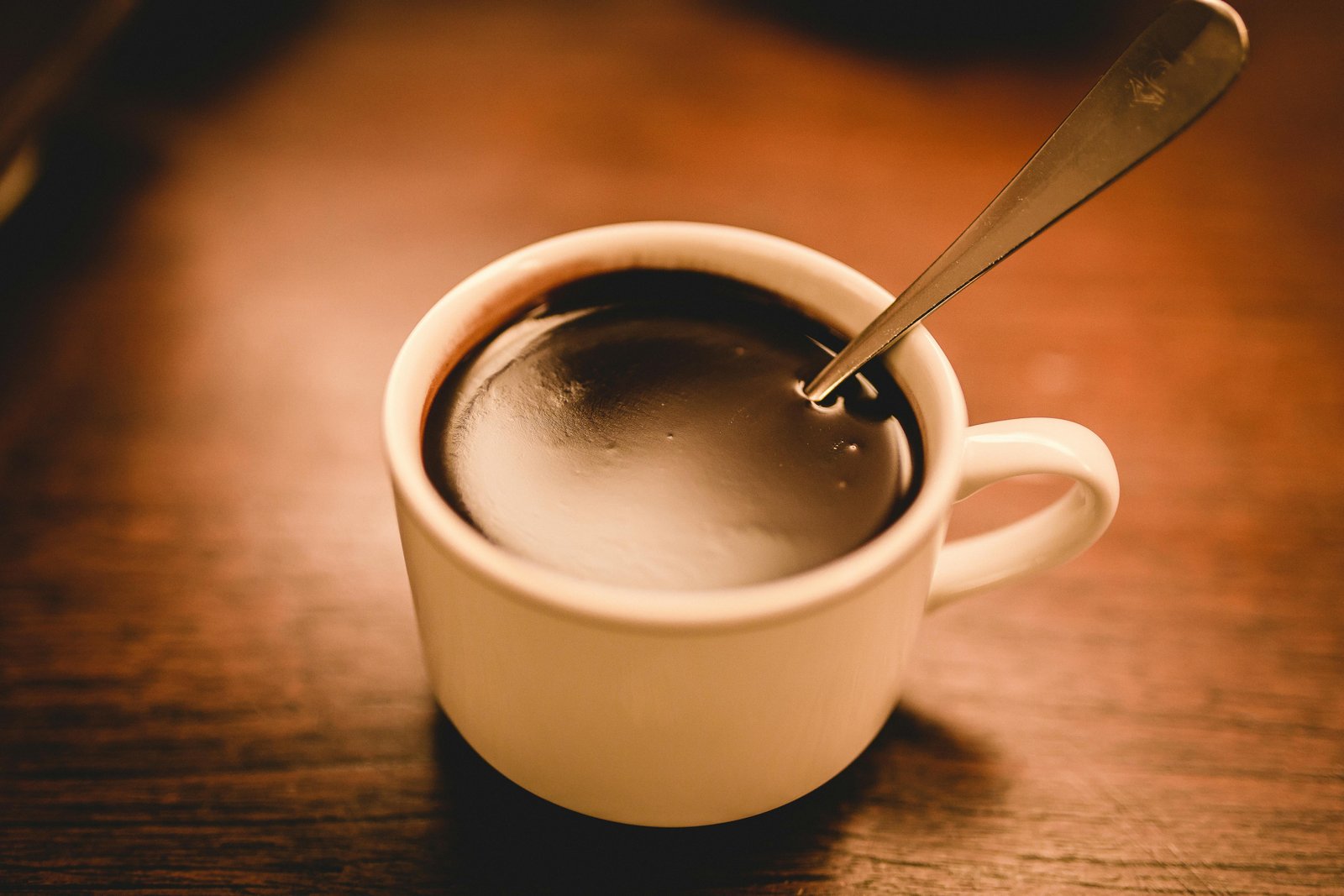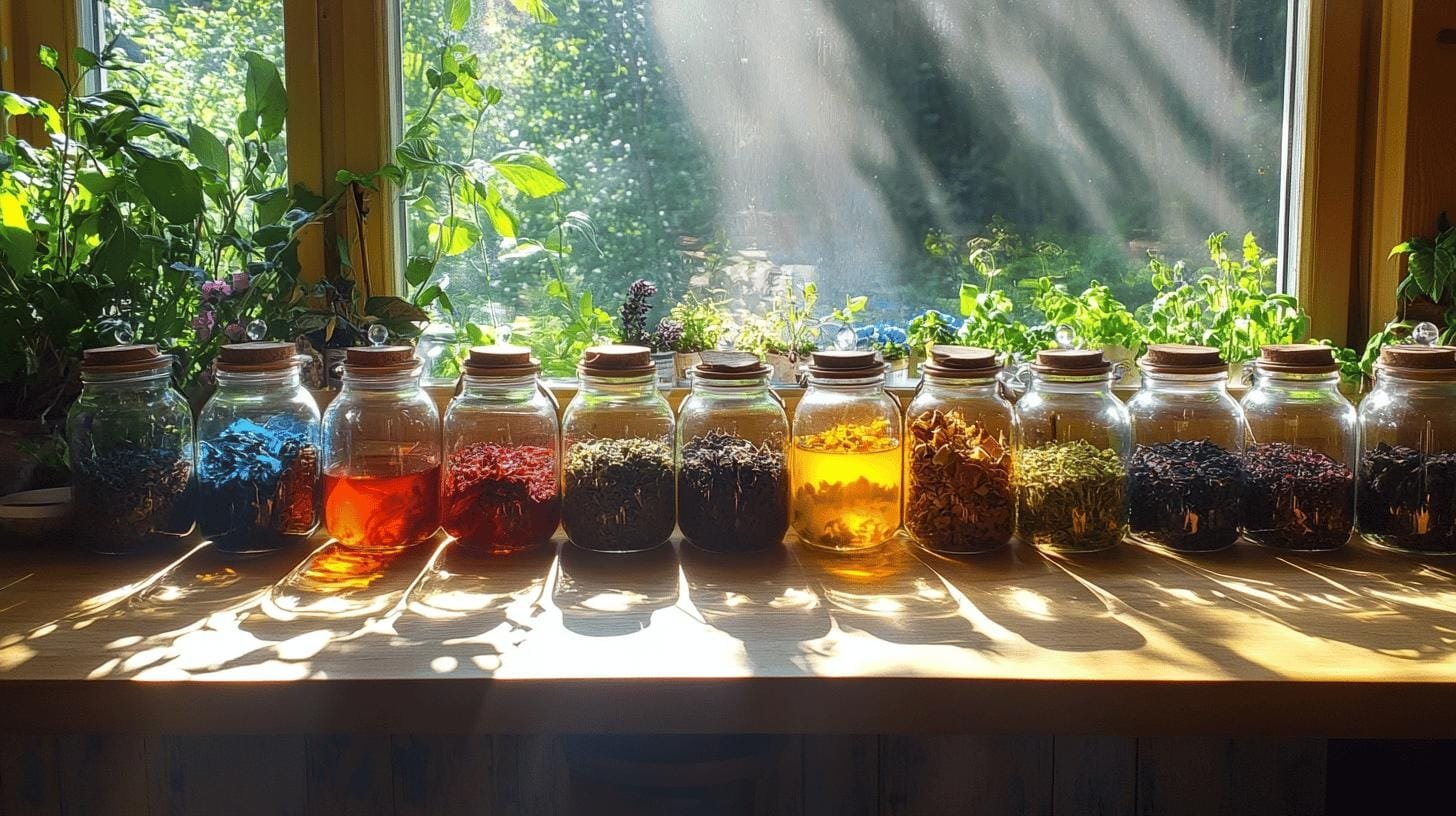
Artisanal Rituals for a Memorable Customer Experience
How can brands create a more balanced and memorable customer experience by blending artisanal product quality with thoughtful everyday rituals that keep people coming back?

How does a morning cup of coffee impact your blood pressure throughout the day? Caffeine, the beloved stimulant fueling countless coffee lovers, is more than just a wake-up call; it has a significant influence on blood pressure. The effects of caffeine manifest through vasoconstriction, adrenaline stimulation, and adenosine receptor blocking.
These physiological responses contribute to temporary but noticeable blood pressure variations. Answering the question “How long does caffeine affect blood pressure?” requires examining the intricate interactions within our bodies, from initial reactions to enduring effects, offering insights into how each cup influences blood pressure levels.
Caffeine raises blood pressure by narrowing blood vessels. This occurs when caffeine blocks adenosine receptors, which usually help relax blood vessels. By doing so, caffeine causes arteries to tighten, increasing blood pressure.
Several factors influence how caffeine affects blood pressure:
People respond differently to caffeine’s blood pressure effects. Those who don’t usually consume caffeine might feel its effects more strongly. This happens because their bodies are less used to its stimulating properties.
Additionally, genetics play a role in how one processes caffeine, affecting its duration and intensity. People with anxiety or hypertension are often more sensitive to caffeine, worsening its impact on blood pressure.
Adrenaline is essential in how caffeine affects blood pressure. Caffeine stimulates the adrenal glands to release adrenaline, preparing the body to act quickly. This hormone also tightens blood vessels, further raising blood pressure.

Caffeine starts affecting blood pressure almost right after it’s consumed. It acts quickly, blocking adenosine receptors and prompting adrenaline release.
These effects are generally short-lived, fading as the body processes caffeine.
Slow metabolizers might feel its effects longer, while fast metabolizers may not. Age, genetics, and caffeine habits can also change how long its effects last. Understanding this helps manage caffeine intake, especially for monitoring blood pressure.
Genetics largely influence how people respond to caffeine. Variations in genes related to caffeine metabolism lead to varied reactions. Some may feel heightened sensitivity. As people age, their metabolism usually slows, possibly extending caffeine’s effects.
Conditions that can increase caffeine sensitivity include:
Metabolism and tolerance affect caffeine’s impact. Slow metabolizers might have caffeine in their system longer. Fast metabolizers process it quickly, feeling shorter effects. Regular consumers develop a tolerance, needing higher doses for effects.

Most studies suggest that moderate coffee consumption is safe for many with high blood pressure. Moderate intake often doesn’t increase hypertension or heart disease risks.
Some research even shows potential heart benefits from coffee ingredients other than caffeine, like antioxidants. These align with the idea that moderate coffee is part of a balanced lifestyle, even for those with high blood pressure.
Specific recommendations include:
Antioxidants in coffee may protect blood vessels and reduce inflammation, positively affecting heart health. They might counteract some of caffeine’s effects, bringing a net positive impact on blood pressure.
So, while caffeine’s immediate effects are known, coffee’s broader health implications deserve more consideration, especially for those with hypertension.
Home-roasted coffee beans offer variable caffeine content and freshness. This allows for customization and unique flavor profiles to match personal preferences. Freshly roasted beans often retain natural oils and flavors, enhancing taste.
Popular brands, though consistent, may not match this depth because of the time between roasting and use, affecting taste and potentially health outcomes, including blood pressure.These differences can affect blood pressure differently.
The freshness of home-roasted beans might mean a more immediate and intense effect. Conversely, consistent caffeine in popular brands offers predictability, which is useful for those monitoring caffeine intake.

Decaffeinated coffee offers a way to reduce caffeine while keeping the coffee taste. Removing most caffeine helps curb immediate blood pressure spikes typical of caffeinated drinks, allowing people to enjoy coffee without hurting heart health.
Effective strategies for reducing caffeine intake include gradual reduction and monitoring. Slowly cutting back helps avoid withdrawal symptoms. Watching for signs like increased heart rate or anxiety offers insights into your tolerance.
Caffeine is also in teas, sodas, energy drinks, and chocolate. Some medications have caffeine, adding to daily intake. Identifying these helps manage consumption and its blood pressure effects.
Understanding the interaction between caffeine and blood pressure is crucial for managing its effects. Caffeine acts as a vasoconstrictor, raising blood pressure by narrowing blood vessels, with varying impacts across individuals. The duration of these effects typically spans a few hours, depending on metabolic speed and consumption frequency.
Grasping individual sensitivity to caffeine can aid in better health management, especially for those with hypertension. Exploring alternatives like decaf coffee and herbal teas can minimize its impact while maintaining the joy of coffee consumption.
Embracing informed choices helps achieve a balanced lifestyle and savor the pleasures of coffee without adverse effects on health.
Quitting coffee can potentially lower blood pressure by reducing caffeine’s vasoconstrictive effects, leading to wider blood vessels and thereby easing blood flow.
Coffee can cause an immediate rise in blood pressure by narrowing blood vessels and stimulating adrenaline release, peaking within 30 minutes and potentially lasting up to several hours.
Caffeine can cause symptoms such as increased heart rate, jitteriness, and elevated blood pressure, especially in individuals with high sensitivity or existing hypertension.
Decaf coffee or low-caffeine alternatives are recommended for those managing high blood pressure while still desiring the flavor and experience of coffee.
Water is essential for hydration and supporting overall cardiovascular health, potentially benefiting blood pressure maintenance when consumed adequately.

How can brands create a more balanced and memorable customer experience by blending artisanal product quality with thoughtful everyday rituals that keep people coming back?

Independent coffee shops have always been about more than caffeine—they’re hubs of creativity, connection, and care. As café culture continues to evolve, new trends are

Introduction Independent cafes win when they feel like the neighborhood’s living room and operate with the discipline of a great kitchen. Below is a quick

Discover how top specialty coffee brands create lasting loyalty through storytelling, sourcing, and community connection. Real tips from 6 industry experts.

Discover the ultimate showdown between two beloved coffee brewing methods: the French press and Chemex. Explore how each technique caters to distinct palates, with the French press delivering bold flavors and the Chemex presenting a bright, clean taste.

Unlock the secrets to brewing the perfect cup of coffee with our comprehensive guide on using a coffee scale. Discover how precise measurements enhance flavor and consistency while eliminating bitterness.

Discover how water temperature plays a vital role in brewing the perfect cup of coffee. This article delves into the ideal temperature range of 195°F to 205°F for optimal flavor extraction, enhancing the enjoyment of high-quality beans.

Discover the world of curated specialty coffee bundles, perfect for enthusiasts seeking quality and craftsmanship. This article explores the benefits of ethically sourced, small-batch beans from brands like Equipoise Coffee, offering diverse flavor profiles that elevate your brewing experience.

Discover the art of manual brewing to elevate your coffee experience! This article explores various techniques like pour-over, French press, and AeroPress, revealing how they enhance flavor and your connection to every cup.